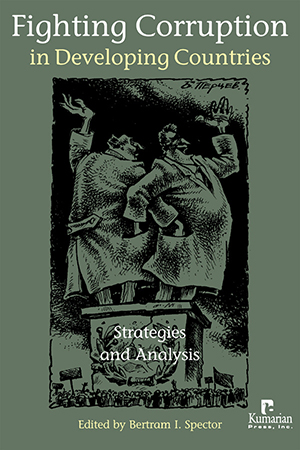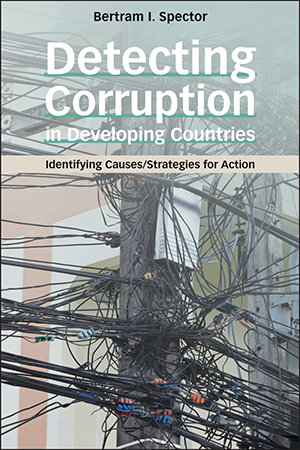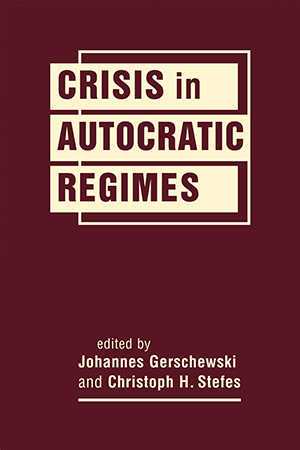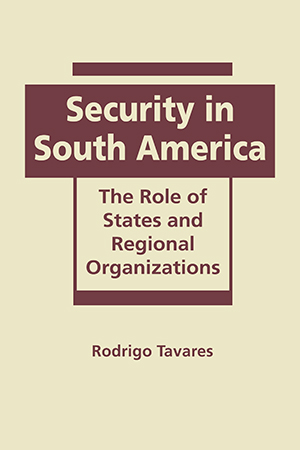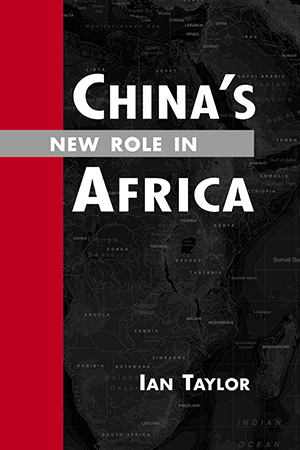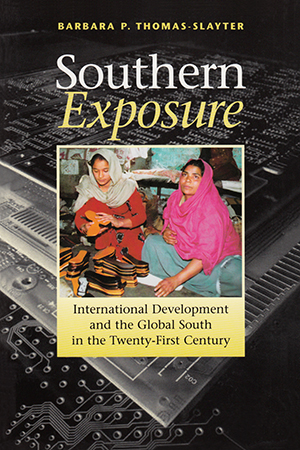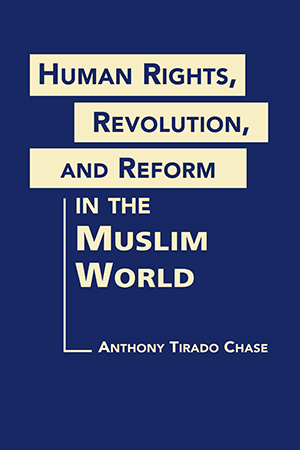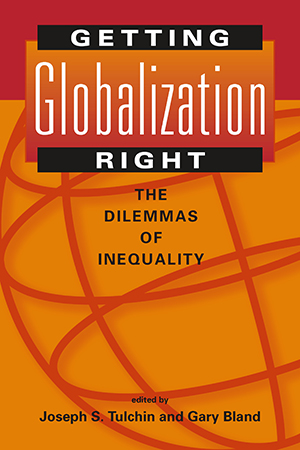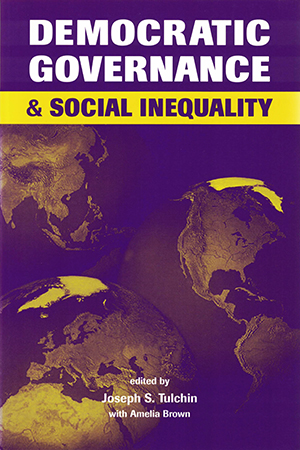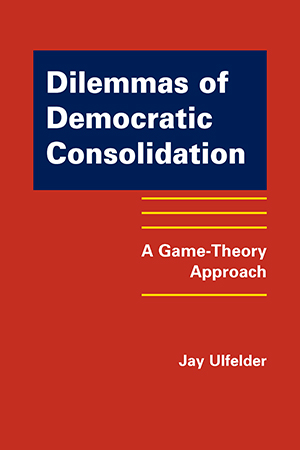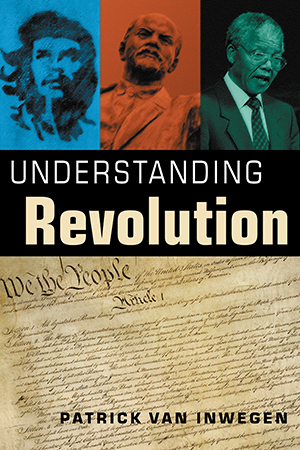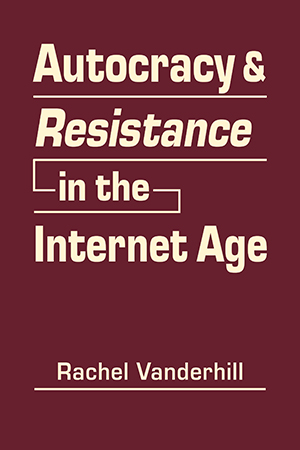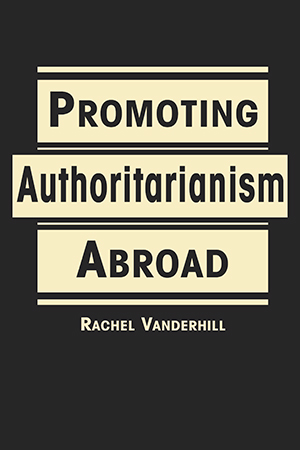Comparative Politics (general books)
In stark contrast to standard holistic studies of corruption, Fighting Corruption in Developing Countries argues that examining the issue through the lens of nine key development More >
Excessive government discretion, greed, and the abuse of power for private gain are widespread phenomena in developing countries, denying citizens the critical services that they are More >
What makes autocratic regimes vulnerable? Why, in times of crisis, do some of these regimes break down while others weather the storm? This is the puzzle addressed in Crisis in Autocratic More >
What types of threats and conflicts affect the countries of South America? What roles can and should states and regional organizations play in maintaining both traditional and human security More >
Ian Taylor explores the nature and implications of China's burgeoning role in Africa, arguing that Beijing is using Africa not only as a source of needed raw materials and potential new More >
In both Germany and Poland—primary locations of the Holocaust—the legacy of antisemitism remains a major obstacle to reconciliation with the past. Thomas Just asks: How does More >
This widely used introductory text, rich with illustrative case studies, addresses the key political and economic challenges facing the countries of the global south as they engage with the More >
Do human rights inform the nature of politics in the Muslim world today? If so, how? And perhaps more fundamentally, why? Linking these questions in a provocative way, Anthony Tirado Chase More >
Getting Globalization Right explores political and economic changes in seven new democracies that have in common both a movement toward greater integration with the world economy and the More >
This controversial book examines the challenges that social inequities present to democratic governance. The authors argue that issues of poverty and inequality—far from More >
Why have so many attempts at democracy in the past half-century failed? Confronting this much discussed question, Jay Ulfelder offers a novel explanation for the coups and rebellions that More >
Understanding Revolution concisely, but thoroughly, explains one of the most fundamental sources of political change in the modern world. Designed to be accessible to undergraduate students, More >
How do autocratic governments exploit communication technology in their efforts to maintain power? Can prodemocracy activists successfully use that same technology to support the overthrow More >
Recent years have seen efforts by several states to promote authoritarianism abroad, garnering the attention of foreign policy analysts—and raising a number of questions. What More >
This gendered analysis of Third World politics examines both "high politics" and political activity at the grassroots level, as well as the impact of state policy on differing More >


